Upholding Programme Quality
Each and every War Child programme around the world is subject to robust monitoring, evaluation and quality assurance. All of these efforts allow us to continually improve our work - in order to provide effective responses that are relevant to the hopes and ambitions of children worldwide.
In 2019 we further developed our efforts in this area. Our increased focus on relevance saw us explore new areas of programming - with a particular emphasis on community engagement and youth empowerment.
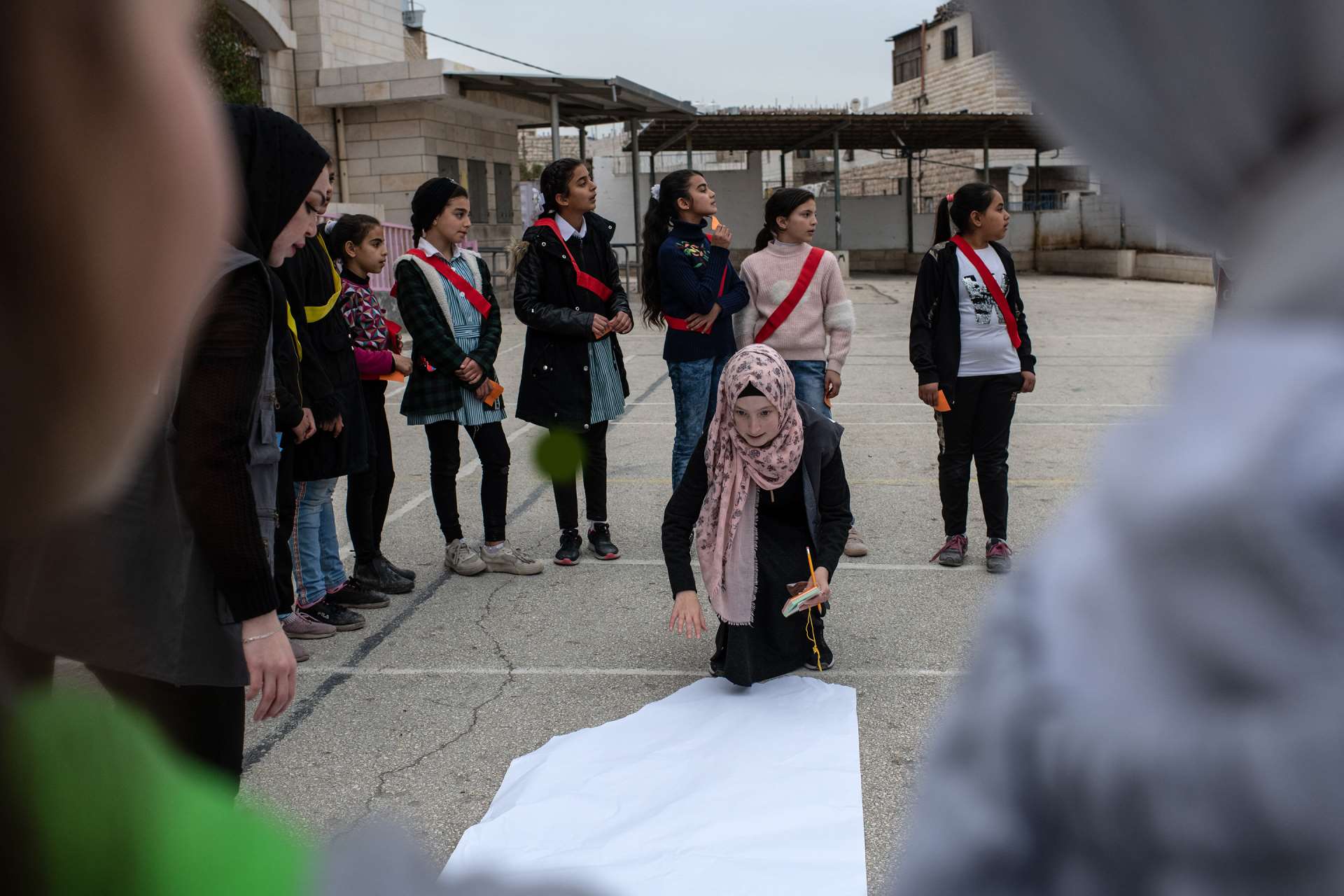
The quality of our programmes is further strengthened through our work to align with global standards on humanitarian action. We are also active participants in a number of global humanitarian coordination bodies - including the Global Education Cluster; Global Protection Cluster; Alliance for Child Protection in Humanitarian Action; and the Inter-Agency Committee on Mental Health and Psychosocial Support in Emergency Settings.
For Children, By Children
Children and young people affected by armed conflict and violence are at the heart of all our work. Their participation in developing solutions to the challenges they face is key to the design of our programmes. We also involve local communities in this process - to draw on their knowledge to promote the empowerment and resilience of children and youth.
We seek to understand the level of satisfaction experienced by children and people taking part in our programmes. We also collect their feedback on how they view the quality of our programmes - and use the findings to continually improve our work.
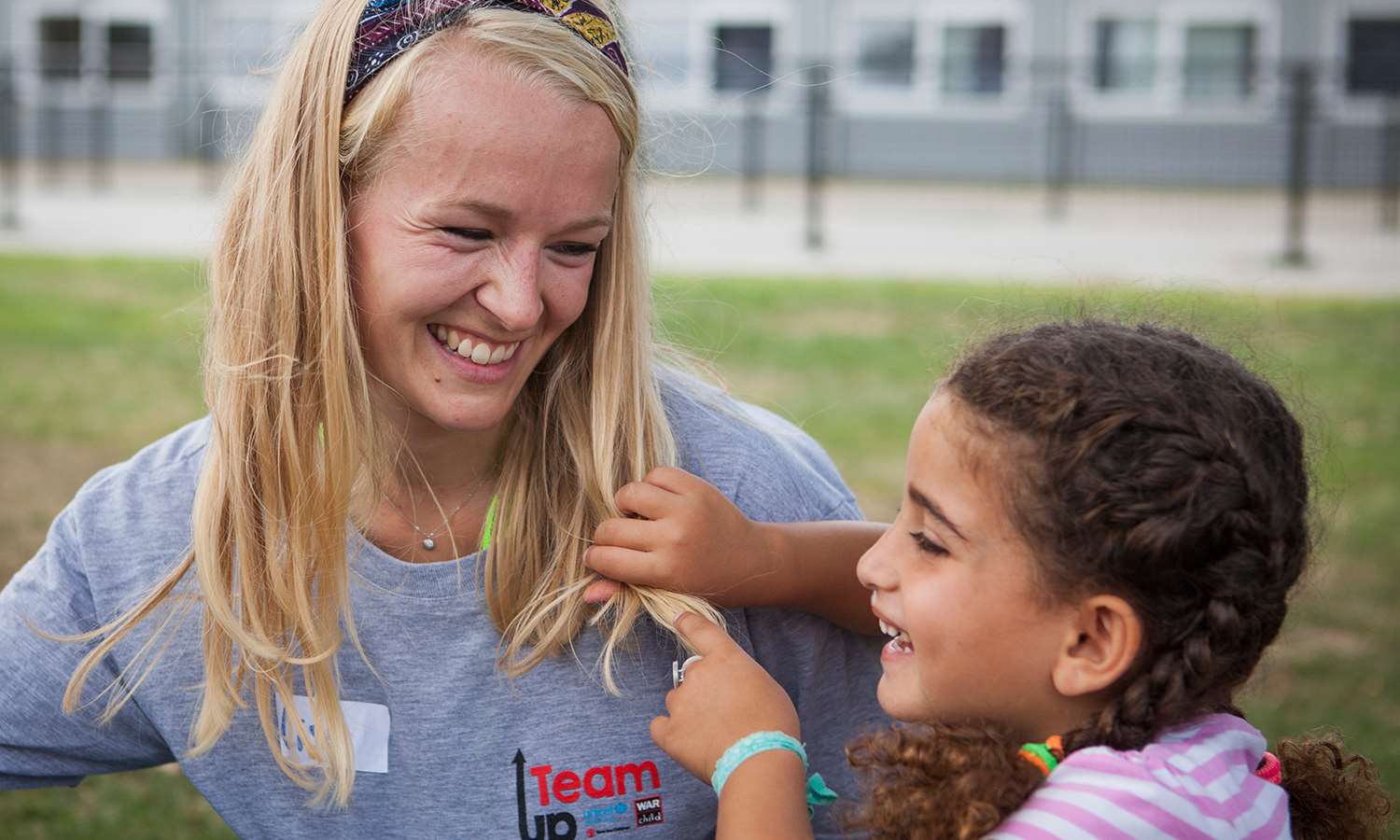
Integrity and justice are central to all War Child activities - including our duty to uphold the safety and dignity of our staff and the children who take part in our programmes. News concerning abuse and sexual misconduct by NGO workers shook the global humanitarian sector in 2018 - and this led to a full evaluation of our child safeguarding measures.
Our commitment to increased accountability in this regard was made manifest in the birth of our Integrity Framework - conceptualised over the course of 2019. The framework - a set of four robust policies that outline in full our obligations to all our stakeholders - seeks to ensure that War Child operates to the highest ethical standards.
The four policies are now available to download:
Our Code of Conduct and new Speak Up! Procedure were developed with input from both international child rights organisations and bodies that set international sector benchmarks. Our Child Safeguarding Policy adheres to the international standards issued by global child rights watchdog Keeping Children Safe (KCS).
Integrated Approach
War Child’s efforts to bring about meaningful change in the lives of children embraces an integrated approach. All our interventions are interconnected and mutually reinforcing - ensuring maximum impact.
Our interventions range in intensity according to the challenges experienced by children and their communities - and we always take into account how the development of children is shaped by the world around them.
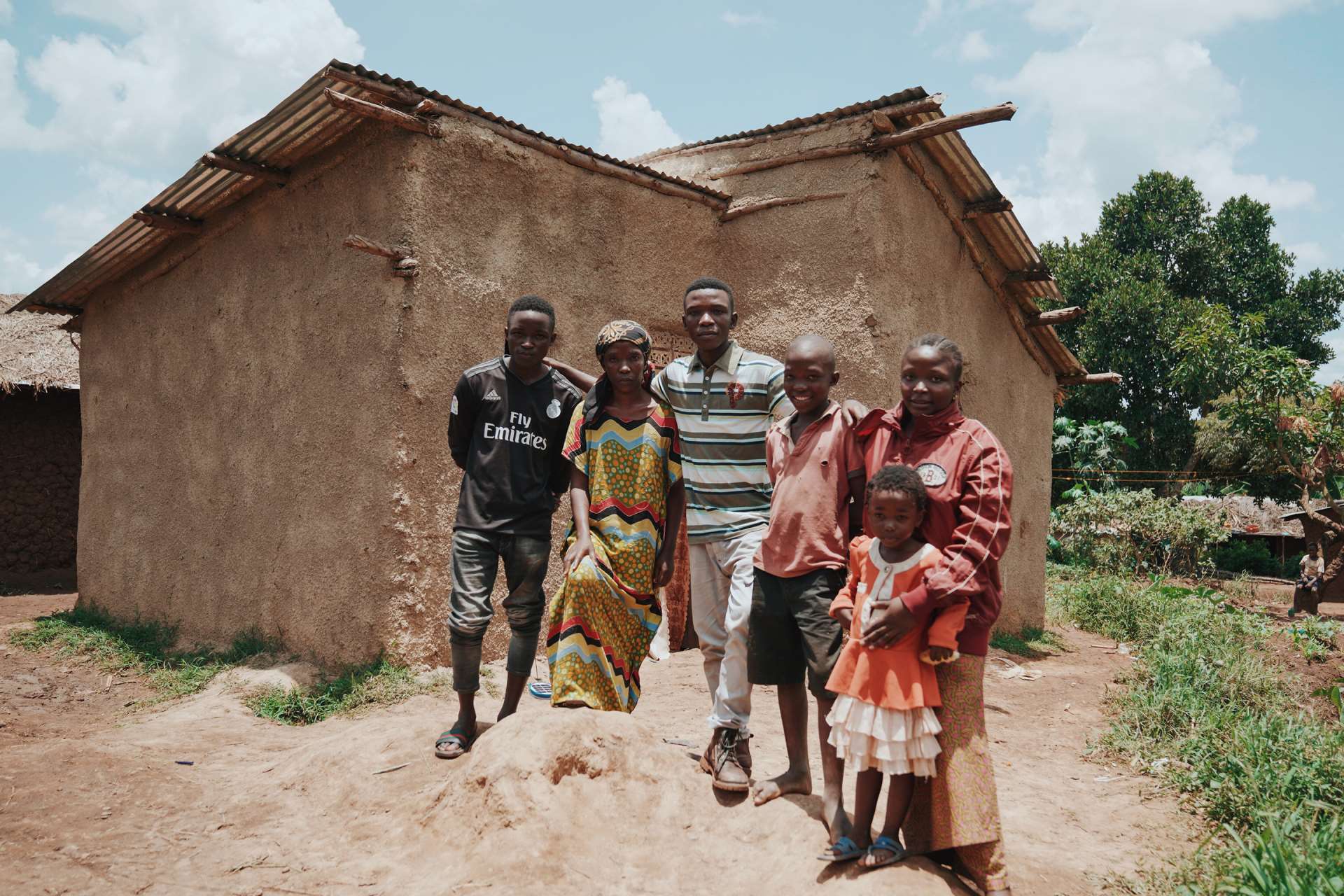
International Standards
War Child became a member of the global Core Humanitarian Standard (CHS) Alliance in 2018. The alliance sets out nine commitments that humanitarian organisations can use to improve the quality and effectiveness of the assistance they provide.
Work to roll out our own War Child Essential Standards was more difficult than we anticipated. The year did see us carry out a baseline survey against these standards developed in collaboration with War Child UK. This will ensure that organisational performance is comprehensively reviewed moving forward and that areas of improvement are identified and acted upon.
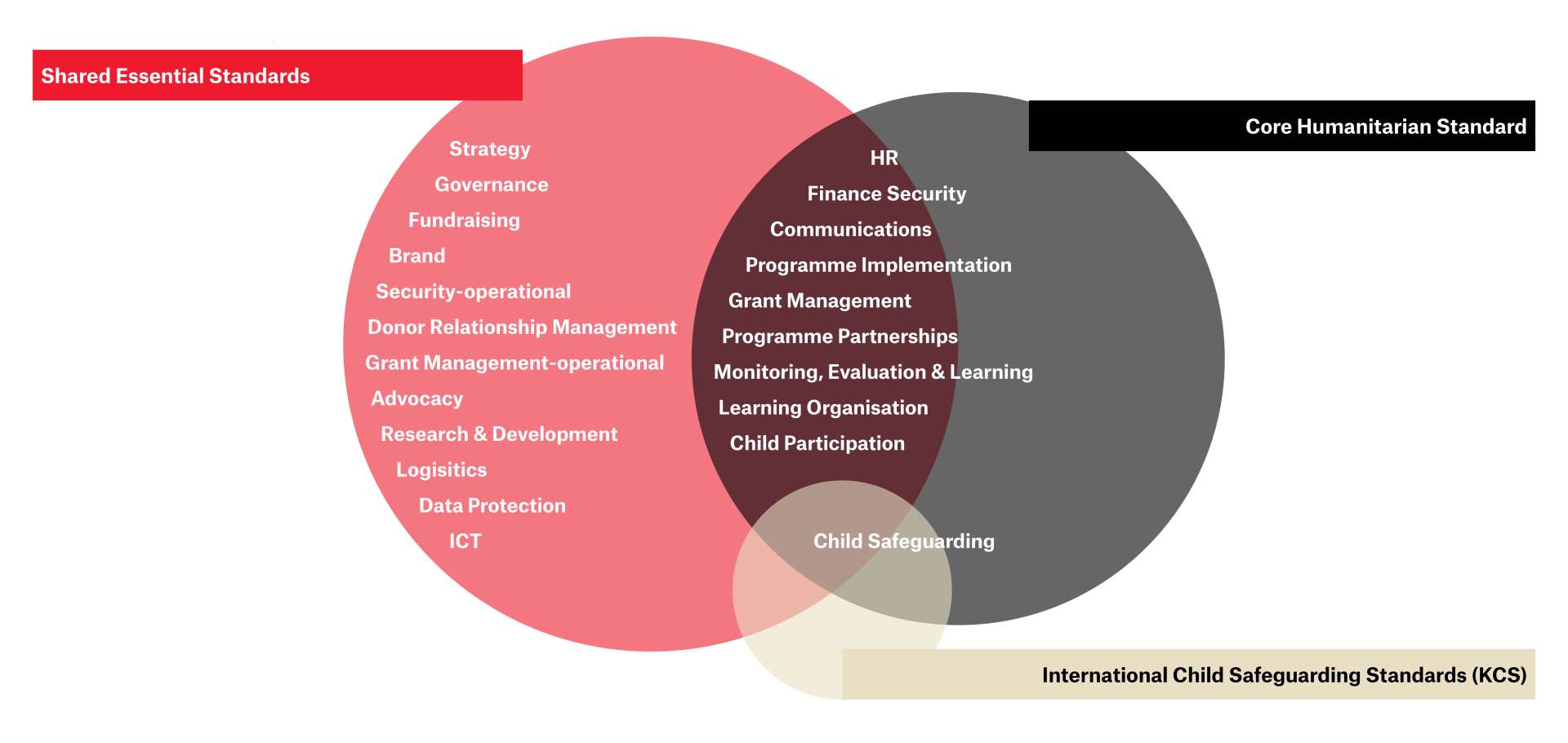
Monitoring and Evaluation
Increased public expectation with regard to the effectiveness of humanitarian aid places additional demands on all international NGOs. War Child employs robust standards of monitoring and evaluation (M&E) across all programmes to improve the quality of our work.
Our Global Monitoring Framework is central to this process - and provides a means to measure both the outcomes and impact of our work. The first quarter of 2019 saw this framework rolled out in all our programme countries - utilising a selection of digital tools for data collection and analysis.
Improving Relevance
The humanitarian needs of children and youth around the world continue to grow. And - as the coronavirus pandemic has shown us in 2020 - new threats to their safety and welfare can strike at any time. This means we have to continually adapt our programming to respond to those needs in real-time - and 2019 saw significant steps taken in this regard.
The world has more refugees than ever - a record 70.8 million people have been forced from their homes (UNHCR). The year saw our Colombia programme - among others - adapted to address the refugee crisis. Activities had a particular focus on protecting the psychosocial wellbeing of Venezuelan children and youth - at risk and on the move in a dangerous host environment - with the widespread introduction of our TeamUp programme.
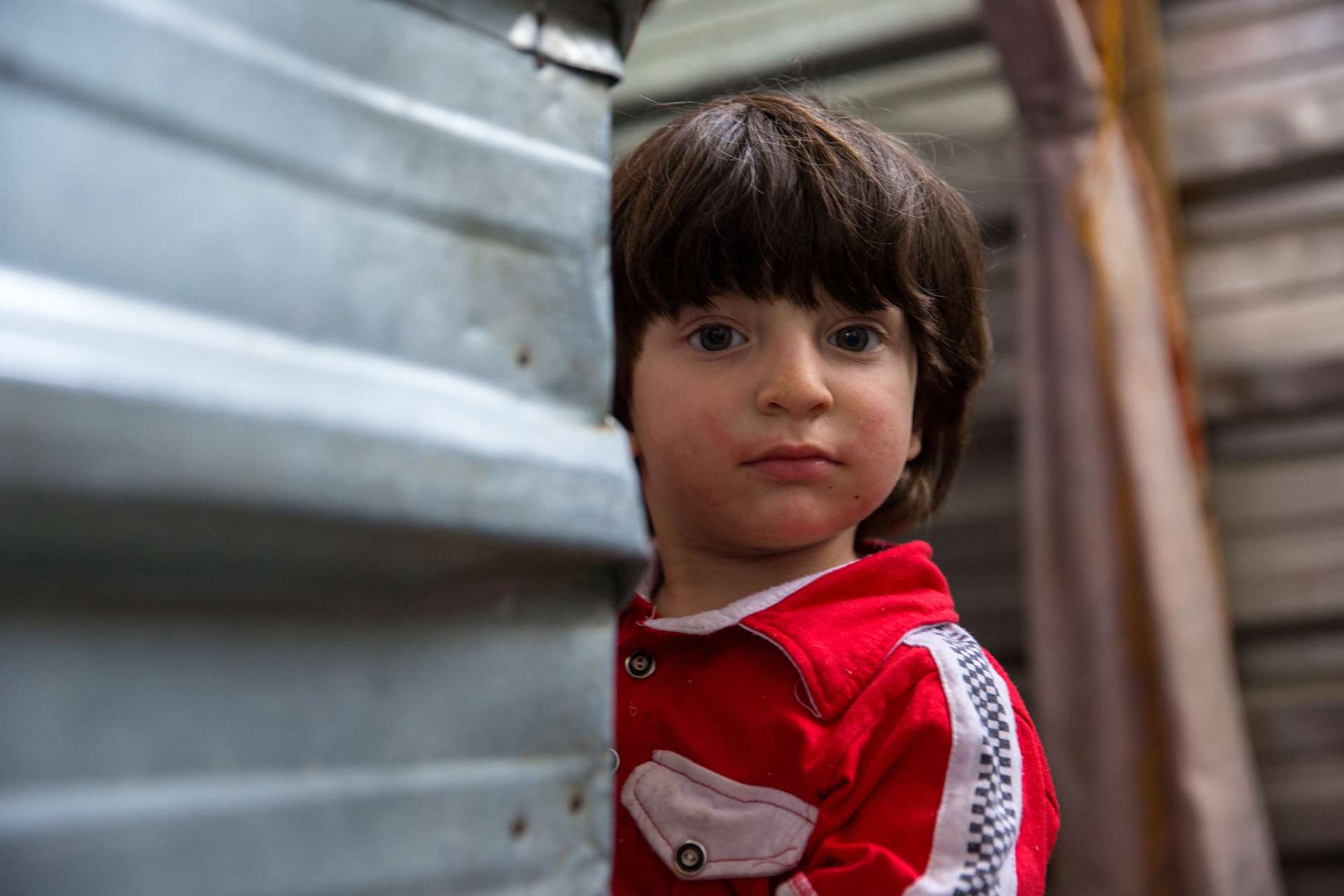
The end of the year saw us welcome a new Humanitarian Director, Dr. Unni Krishnan, to the fold - bringing with him years of sector expertise in complex emergency humanitarian settings. By the close of 2019, the groundwork had been laid for a new ‘Fast Aid’ framework that better engages with the real-time situation for children on the ground - and better enables our volunteers, staff and partner organisations to respond to urgent humanitarian needs.
Much emphasis will be placed on this in the years to come. Humanitarian values and principles and universal values - such as compassion and collaboration - are the foundations for Fast Aid. As our Fast Aid Framework evolves it will be guided by international humanitarian standards.
Measurable and Objective Standards
Our essential standards are measurable and objective - and 2019 saw us make solid progress towards incorporating them in our work.
Efforts to adopt a gender-transformative approach across all our operations were initiated. The year saw us conduct an organisation-wide assessment of gaps, trends and needs in order to build a base for robust gender-transformative programmes that not only address the specific threats and marginalisation experienced by women and girls but also the power dynamics and structures that serve to reinforce gender inequalities. This process was aided by the recruitment of a gender specialist with responsibility across all our programmes - and resulted in the creation of a ‘Bare Minimum Guidance Note for Gender-Transformative Programme Design’ which will come into effect in 2020.
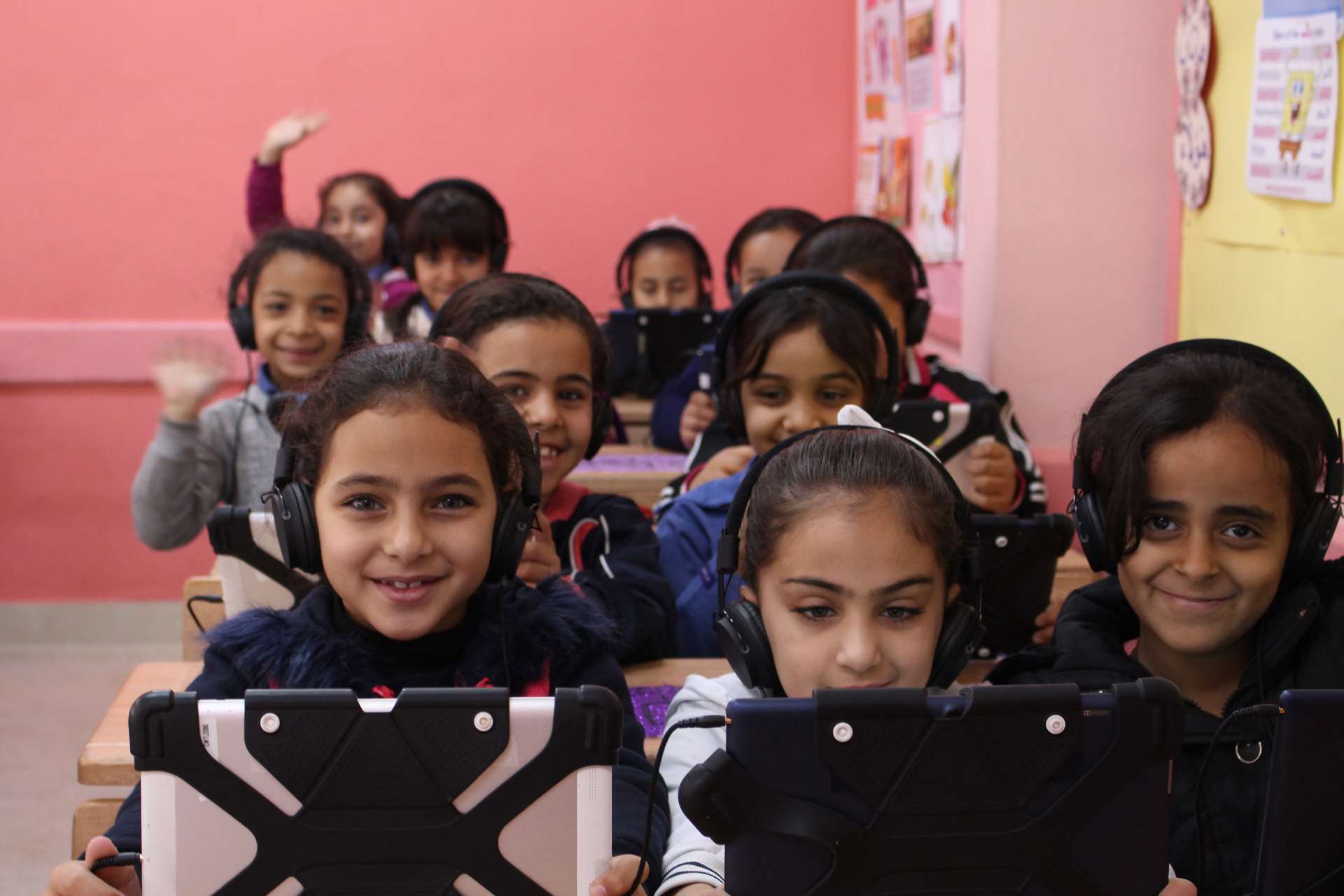
We also became a signatory of the Dutch Foreign Ministry’s National Action Plan to implement UN resolution 1325 (Women, Peace and Security). This will ensure War Child’s commitment to amplifying the role of women in peacebuilding measures and reduction of violence as well as strengthening their decision-making capacity - especially in a crisis context.
An Inclusion Workshop - developed by our lead Stigma Reduction researcher - was rolled out in Lebanon and later in Amsterdam. The purpose of the workshop - which falls under the joint responsibility of our youth and gender specialists - is to stimulate discussion around inclusion of minority groups both in our programmes as well as within the wider organisation.